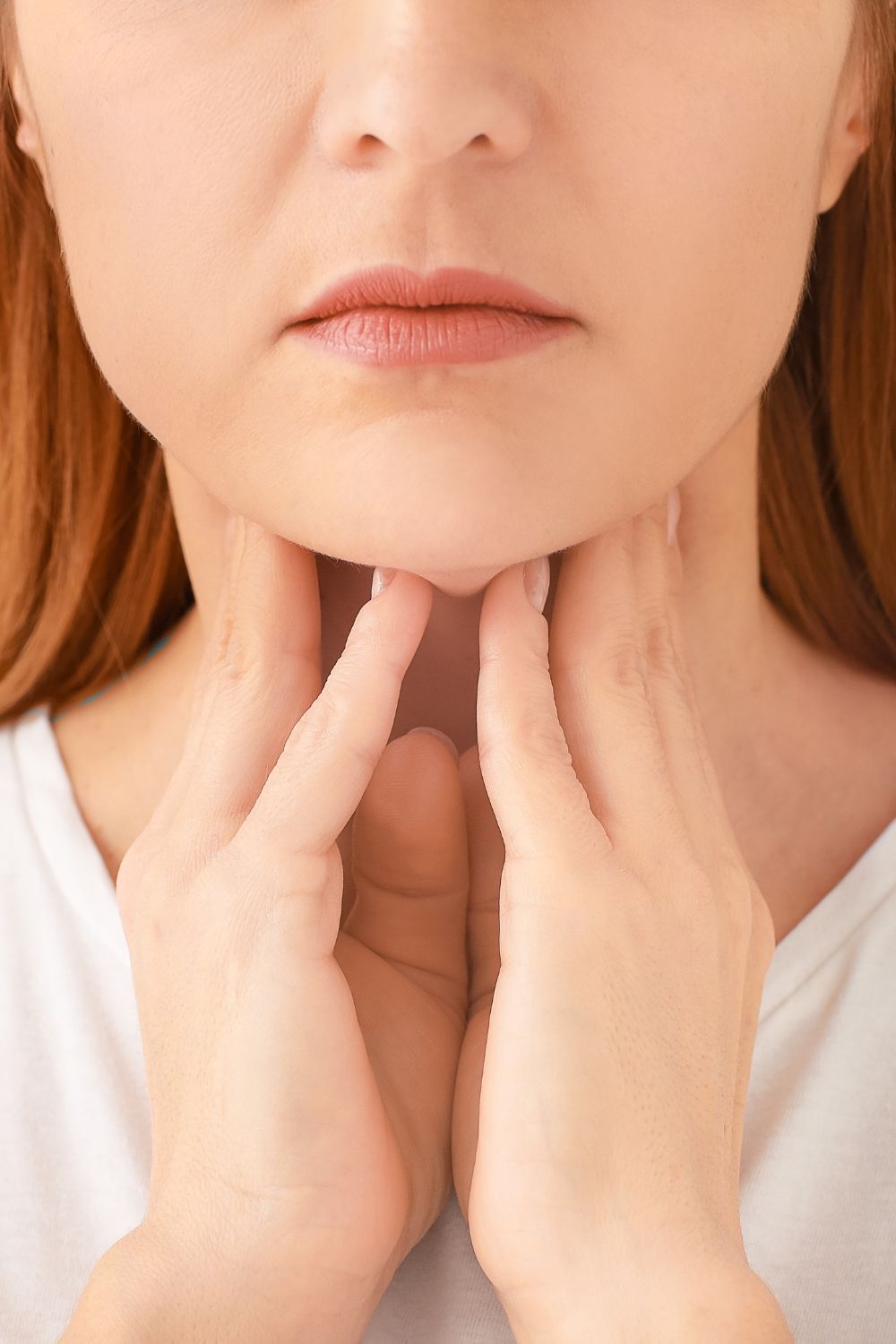Thyroid problems sneak up on you when you least expect them. Here is Everything You Need to Know About Thyroid Problems in Women.
Everything You Need to Know About Thyroid Problems in Women
The thyroid is a small gland located in your neck and shaped like a butterfly. It’s possible to feel it under your skin when it’s operating normally. Its job is to produce hormones responsible for regulating growth, development, and metabolism activities in your body.
Thyroid disease can cause the gland to produce either too much or too little hormone, according to the Office on Women’s Health (OASH). The amounts produced can make your body feel tired or restless and may cause you to gain or lose weight.
Women are more susceptible to thyroid diseases compared to men. The disorders can manifest themselves immediately after becoming pregnant or after starting menopause. Read on to learn more about these problems.
Thyroid Disease – What Is It?
Thyroid disease is the general phrase used for medical conditions that prevent the thyroid from releasing the right number of hormones. As mentioned earlier, the gland produces the hormones that ensure your body continues to function normally.
If it produces too many hormones, the body responds by using the available energy too quickly. It’s a condition referred to as hyperthyroidism. The condition does more than make you feel tired, and it can also:
- Make you feel nervous
- Cause you to lose weight too fast
On the other hand, the gland can begin producing too little of this hormone. When this happens, the condition is referred to as hypothyroidism. As is the case with hyperthyroidism, the body will react negatively to this, and it might:
- Make you intolerant to temperatures that are too low
- Cause you to gain weight
- Make you feel tired all the time
Main Causes of Thyroid Problems
Hyperthyroidism and hypothyroidism are the two primary forms of thyroid disease. These conditions have many triggers, most of which are known to affect how the thyroid gland functions.
Some of the conditions that can cause hyperthyroidism include:
- Thyroiditis
- Grave’s disease
- Nodules
- Excessive iodine
- Conditions are known to cause hypothyroidism include:
A non-functioning thyroid gland
Thyroiditis
Iodine deficiency
Hashimoto’s thyroiditis
Postpartum thyroiditis
Who Is Affected by Thyroid Problems?
Thyroid problems can affect any person – infants, teenagers, men, women, and even the elderly. But women are the most susceptible to these problems. In some cases, these problems can occur at birth (hypothyroidism) and as you grow older (mostly after menopause).
These problems are pretty common. Over 12 percent of the US population will develop a thyroid problem at some point in their life, according to the American Thyroid Association. The association estimates that around 20 million Americans already have it in some form.
Women are five to eight times more likely to develop thyroid problems compared to men. Your risks of developing this condition will become higher if you:
- Have received treatment for thyroid cancer or other related condition
- Do you have a family history of thyroid problems?
- Are above 60 years, more so if you’re a woman
- Have an existing medical condition, e.g., Turner syndrome, type 1 diabetes, or anemia
- Take medication with a high iodine content
Recommended Treatment for Thyroid Problems
While the doctor may have several treatment options available, they will often recommend taking Armour Thyroid tabs. They are highly recommended as they come in varying dosages and are a great source of T3 and T4 hormones.
Other treatment options may include surgery and taking beta-blockers.


Leave A Reply!